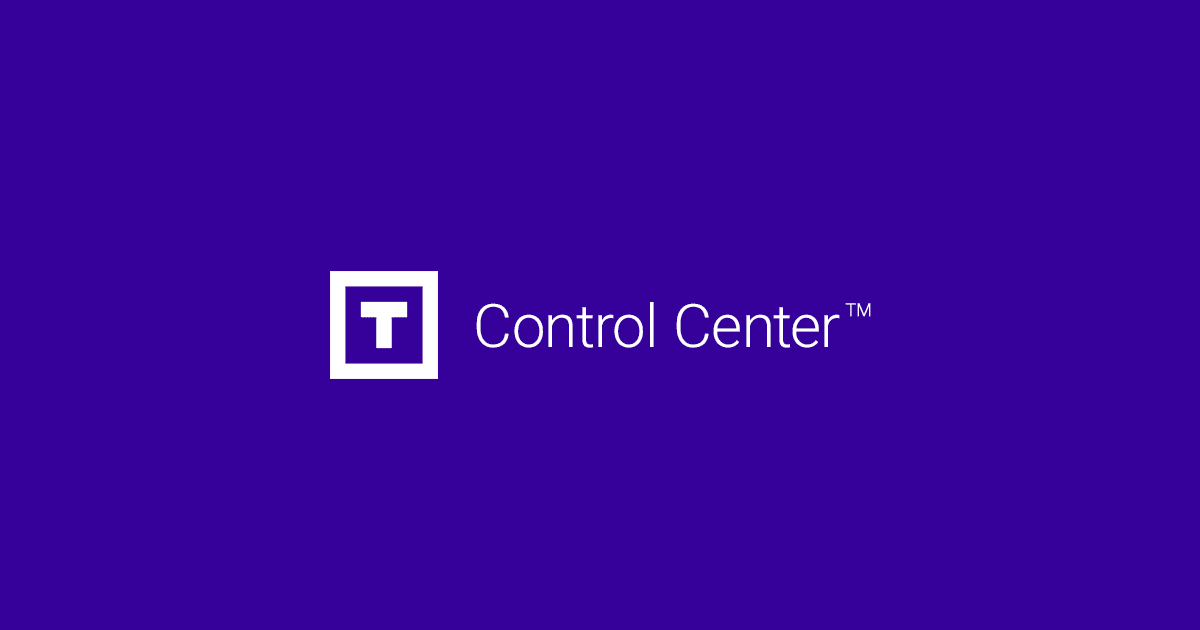
When it comes to putting a website online, choosing the right hosting plan is crucial. Each type of plan offers different levels of performance, resources, and control. In this article, we'll explore the main differences between the three most common types of web hosting: shared, VPS, and dedicated.
1. Shared Hosting
What is it? In this type of hosting, multiple websites share the resources of a single server. It's like living in an apartment building: you share common spaces with your neighbors.
Advantages:
- Economical: it's the cheapest option to start with.
- Easy to use: providers generally offer intuitive control panels to manage your site.
- Maintenance: the provider takes care of server maintenance.
Disadvantages:
- Performance: performance can be affected if other sites on the server experience traffic spikes.
- Limited resources: you have less control over the server's resources.
Ideal for: Personal blogs, small businesses, and websites with low traffic.
2. VPS Hosting (Virtual Private Server)
What is it? A VPS is like renting an apartment in a large building. You have your own space, but you share the building's infrastructure.
Advantages:
- Higher performance: the server's resources are dedicated to your site, which offers better performance.
- More control: you have greater control over the server's configuration.
Disadvantages:
- Cost: it's more expensive than shared hosting.
- Management: it requires some technical knowledge to manage the server.
Ideal for: Medium-sized websites, online stores with moderate traffic, and applications that require more resources.
3. Dedicated
What is it? A dedicated server is like having your own house. You have full access to all the server's resources.
Advantages:
- Maximum performance: performance is optimal, as you have all the server's resources to yourself.
- Greater control: you have full control over the server.
Disadvantages:
- Cost: it's the most expensive option.
- Management: it requires a high level of technical knowledge to manage the server.
Ideal for: Large websites with high traffic, demanding applications, and companies that need a high level of security and control.
Recommendation How to choose the right plan?
The choice of hosting plan depends on several factors, such as:
- Size and type of website: a personal blog can work well with a shared plan, while an online store with high traffic may need a VPS or a dedicated server.
- Budget: shared hosting is the most economical option, followed by VPS and dedicated.
- Technical knowledge: if you don't have technical experience, a shared plan or a managed VPS may be a better option.
- Scalability: if you expect your website to grow quickly, a VPS or a dedicated server will offer you more flexibility to scale.
By evaluating your needs and budget, you can choose the web hosting plan that best suits your website.




